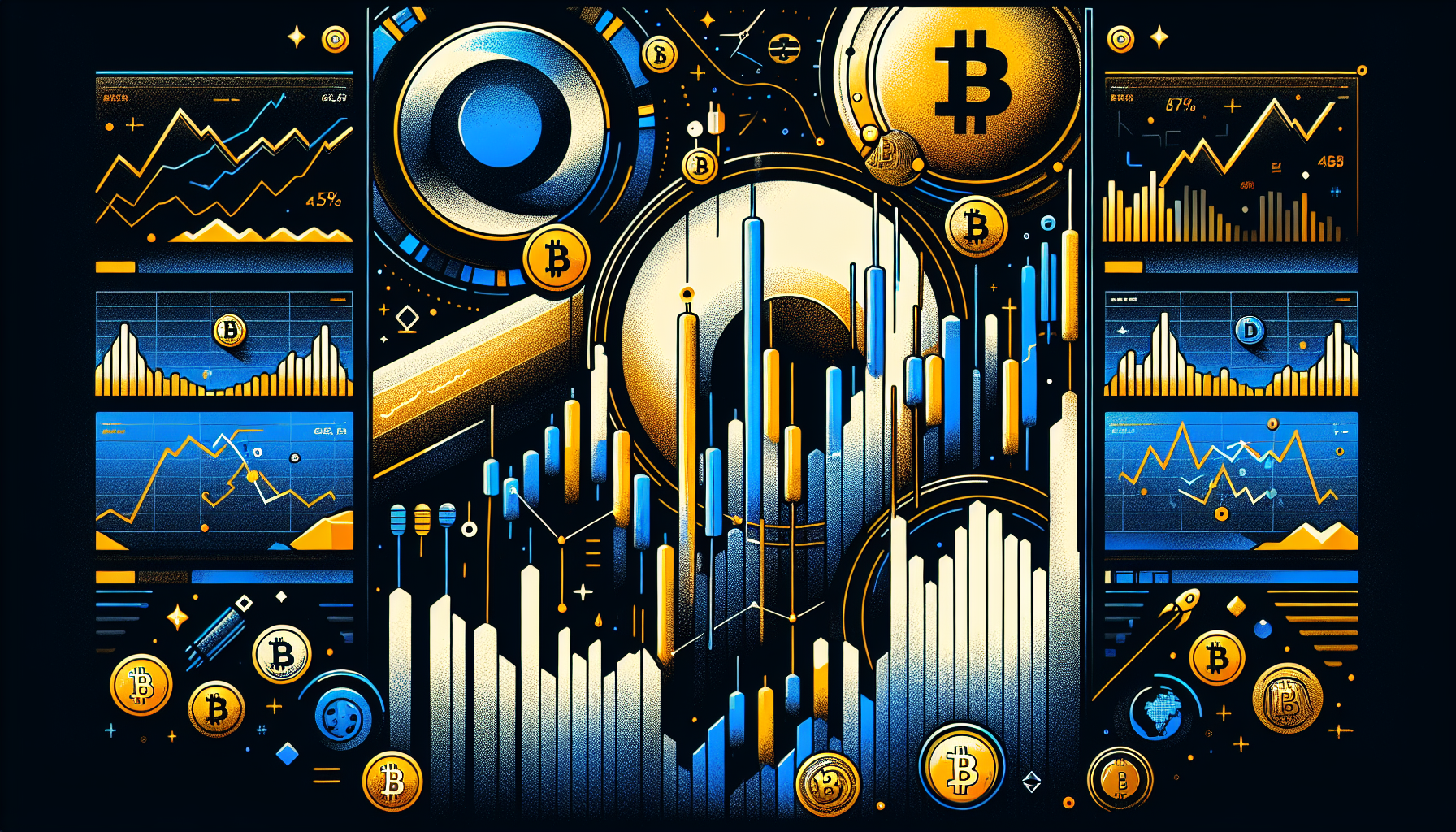
In the bustling corridors of Seoul's financial district, a new dilemma is brewing that could reshape global crypto dynamics. As JPMorgan's plan to impose a 'punitive tax' on data access unfolds, Korean investors are left pondering the implications of this move on their burgeoning crypto markets. This pivotal moment arrives just as Korea is cementing its reputation as a hub for digital innovation.
🔍 Unveiling Korea’s Market Dilemma
South Korean behavior in the crypto market often reflects broader Asian crypto dynamics, driven by technological adoption and regulatory frameworks. However, the recent decision by JPMorgan to charge fees for consumer banking data access presents a significant challenge. Within the last 30 days, reports indicate that this move could debank millions and stifle stablecoin adoption—particularly affecting USDC and USDT—critical currencies in Korea's vibrant crypto exchanges.
⚡ The Cost of Data: A Global Perspective
This fee imposition translates into an estimated $300 million annual cost for data aggregators like Plaid, impacting over 75% of its revenue. Comparatively, while global markets remain focused on Bitcoin's rally to $119,825 (up 0.95%) and Ethereum's surge to $4,584 (up 8.76%), Korea faces unique risks tied directly to these banking disruptions. The divergence highlights potential missed opportunities for investors eyeing stablecoins within Korean platforms.
💡 Innovative Signals from Korea
Amidst these challenges, Korean traders have turned to alternative signals such as blockchain developments and self-custody wallet usage to navigate market patterns. A recent uptick in decentralized finance (DeFi) tools indicates resilience among local traders—a strategy worth noting as it aligns with broader investment insights across Asia.
🎯 Strategic Portfolio Guidance
Diversification remains key for global investors looking at Asian markets. Risk-averse portfolios might consider shifting focus towards assets less reliant on traditional banking systems—leveraging both technology-driven innovations and blockchain developments unique to Korea. This approach ensures alignment with emerging trends while mitigating potential pitfalls from centralized control issues.
🚀 Navigating Forward: Next Steps
Investors should closely monitor regulatory shifts and technological advancements within Korea’s crypto landscape. As we move forward, reassessing strategies with a focus on decentralization can provide a safety net against centralized financial systems' unpredictability—a crucial step in navigating today's volatile market environment.
📘 Uncover how Korean innovations could shape your portfolio
🔍 See USDT data to navigate Korea’s stablecoin dynamics